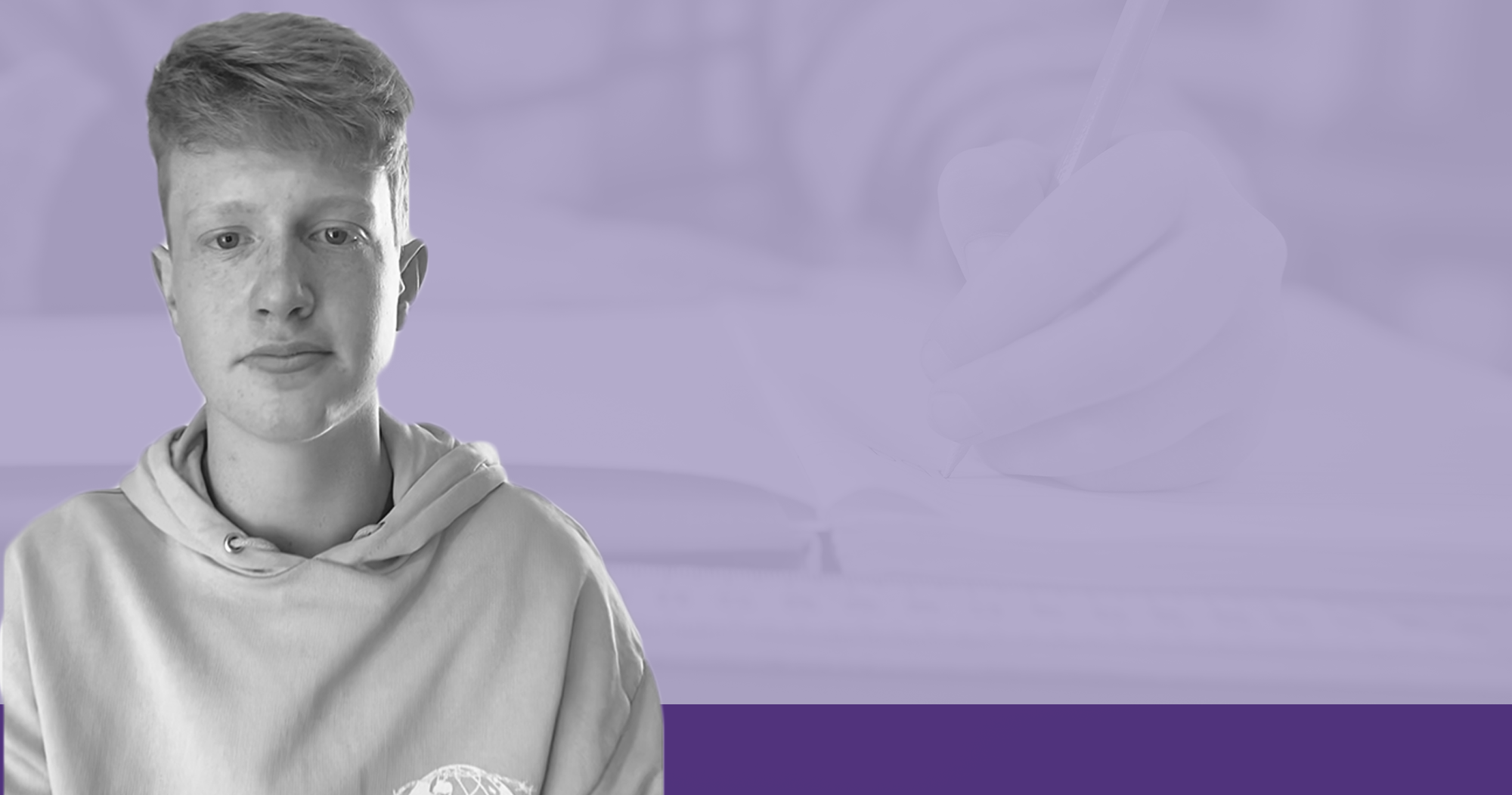Coll Mccail | Twitter
In 2020, the Scottish Qualifications Authority (SQA) designed an algorithm that punished working-class young people on account of nothing but their postcodes. In one foul swoop, the SQA threatened the future of a generation. As a result, no one had particularly high hopes for what was to come this year. Surely though, it couldn’t be any worse?
It could, and it was.
In December 2020, Higher and Advanced Higher exams were cancelled. Given the provisional plan, prior to this decision, for awarding grades was marred with inconsistencies, this was a relief. But any hope brought by the cancellation of exams was quickly extinguished.
It Looks Like an Exam, It's an Exam.
The truth is that exams were cancelled in name alone. For thousands of pupils, the last few months have consisted of little but formal assessments conducted in exam halls and under timed conditions. In a normal year, you would sit one exam for each of your subjects. This year, with most teachers having only May and June to gather robust enough evidence to fit the SQA’s requirements, pupils have had to sit multiple timed assessments per subject.
By now, every pupil is familiar with the ambiguity and equivocation of the SQA’s many, immensely unhelpful statements. One such announcement said that: “opportunities for evidence gathering should not be solely based on one-off, high-stakes scenarios”. This meant the SQA would only accept a grade if the evidence, gathered under timed conditions, has been produced more than once. This meaningless platitude had very real consequences for students who had to sit assessments again, even after achieving their desired grade. Pupils once more bore the brunt of the SQA’s ineptitude. The situation was made yet worse by the fact many pupils were not granted study leave and so were expected to attend lessons during their assessment diet. The consequence of this system was that amidst a global pandemic, after more than a year of lockdown in which our social lives have been controlled by law, rather than focusing on making up for lost time, students were tied to their desks. Having managed anxiety through lockdown, the mental health of Scotland’s young people was put under unnecessary pressure.
Beware What You Say on Tik-Tok: The SQA is Watching.
Do you think that’s bad? It gets much worse. The SQA sent the same assessment papers to every school in Scotland, but without guidance on when to sit them. As is to be expected, schools sat the same exams at different times and, consequently, papers were shared on social media. It’s stunning that a national body with the resources of the SQA did not foresee this. Rather than acknowledging their mistake, the SQA has promised to punish those who share papers and those who benefit from these leaks. Using TikTok is now a dangerous task for Scottish pupils.
The one thing you can say about exams in a normal year is that they are consistent, everyone sits the same paper at the same time. This year, the certification model does not even pretend to provide the pretence of fairness. Different schools are putting forward different evidence. Different schools have different assessment diets, some over a much shorter period than others. Pupils at some schools have the chance to sit assessments again to improve their grades whilst others can only dream of this opportunity. The limitless negligence and disregard for pupils begs the question: do they care?
Much like most of the student population, I have no great love for the exam system. In fact, I have no great love for the whole education system. We’re not learning anymore, we’re remembering facts to regurgitate. We’re pitting pupils against one another and instilling competition when we should be building cooperation. We control creative freedom by imposing boundaries on subjects meant to produce pupils prepared to think outside of them. Our schools aren’t hubs where young people develop a passion for learning but factories where the morals of capitalism and the mottos of individual success are instilled. Academic success is waved in front of pupils as a passport to material gain so students leave school aiming to make money. We’re breeding consumers. My scathing criticism makes it all the more surprising that if in May someone were to have offered me a normal exam diet, I’d have bitten their hand off. Perhaps it’s not surprising, perhaps it simply makes clear the extent to which our institutions have failed us.
What About Catching Up With Each Other?
Few things make this hypothesis clearer than the proposed ‘catch-up’ plans. The idea of ‘catch-up’ is based on a myth I’ve tried to articulate, that most schools actually teach students something besides how to sit an exam. Our system is designed so that knowledge learnt one year is not required the next. In National 5 History, you’ll learn about World War One. In Higher, you’ll learn about the French Revolution. To pass an exam, you need to know facts about your area of study. But this year is over. Students don’t need to catch up on facts that they won’t need next year. Yes, primary school catchup is necessary and perhaps secondary school maths and English, but when our education system is reduced to the ability to memorise knowledge, it most definitely is not. Let’s at least allow students to see their friends before we heap more pressure on them.
Young People Are Going to Change the System.
Policymakers are out of touch with young people. To be honest, I’m yet to be convinced they have ever been in touch with young people. The sorry state of education is a symptom of something far worse. It’s a symptom of a disease which we’re told was cured long ago, adults making decisions on behalf of young people. We’re sold tokenism and ‘tick-box participation, they expect us to believe we’re heard and our opinions listened to. But what I’ve tried to prove is that young people’s welfare is far from the concerns of government or SQA bureaucrats. It’s been an extraordinary 15 months, but these extraordinary failings point to something worse than incompetence, they point to systemic neglect of young people’s interests in order to prop up an archaic and failing system.
The flipside is this: young people are alive to this reality. We know it and we’re working to change it.
Coll Mccail is a 17 year old activist and writer, based in Biggar.
If you are a young person whose education has been impacted by COVID, or frontline teacher in Scotland, we would be delighted to provide a platform for your views – we want to know what our education system can and should be doing to support young people through their schooling. Please email us at info@wecan.scot





